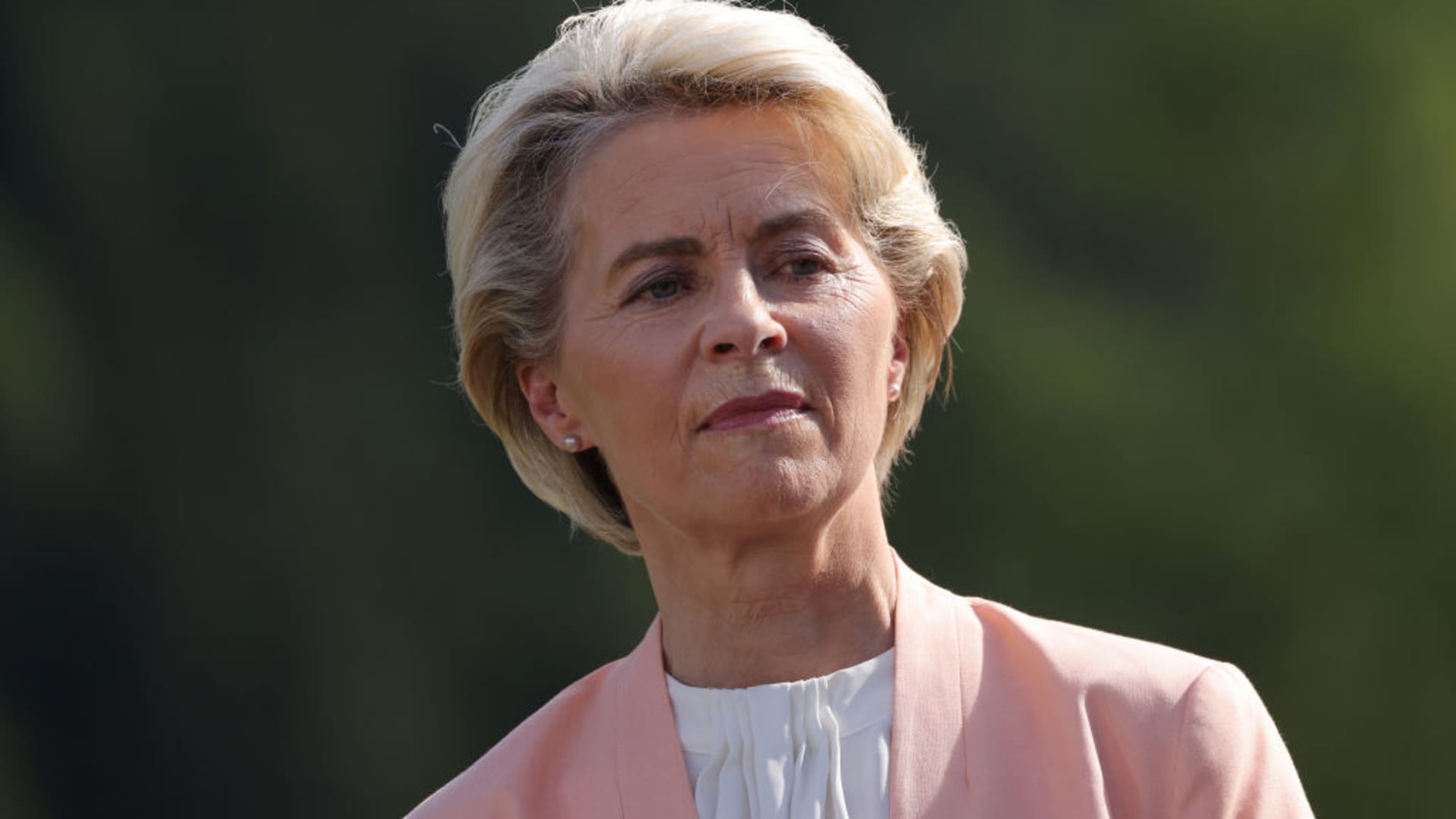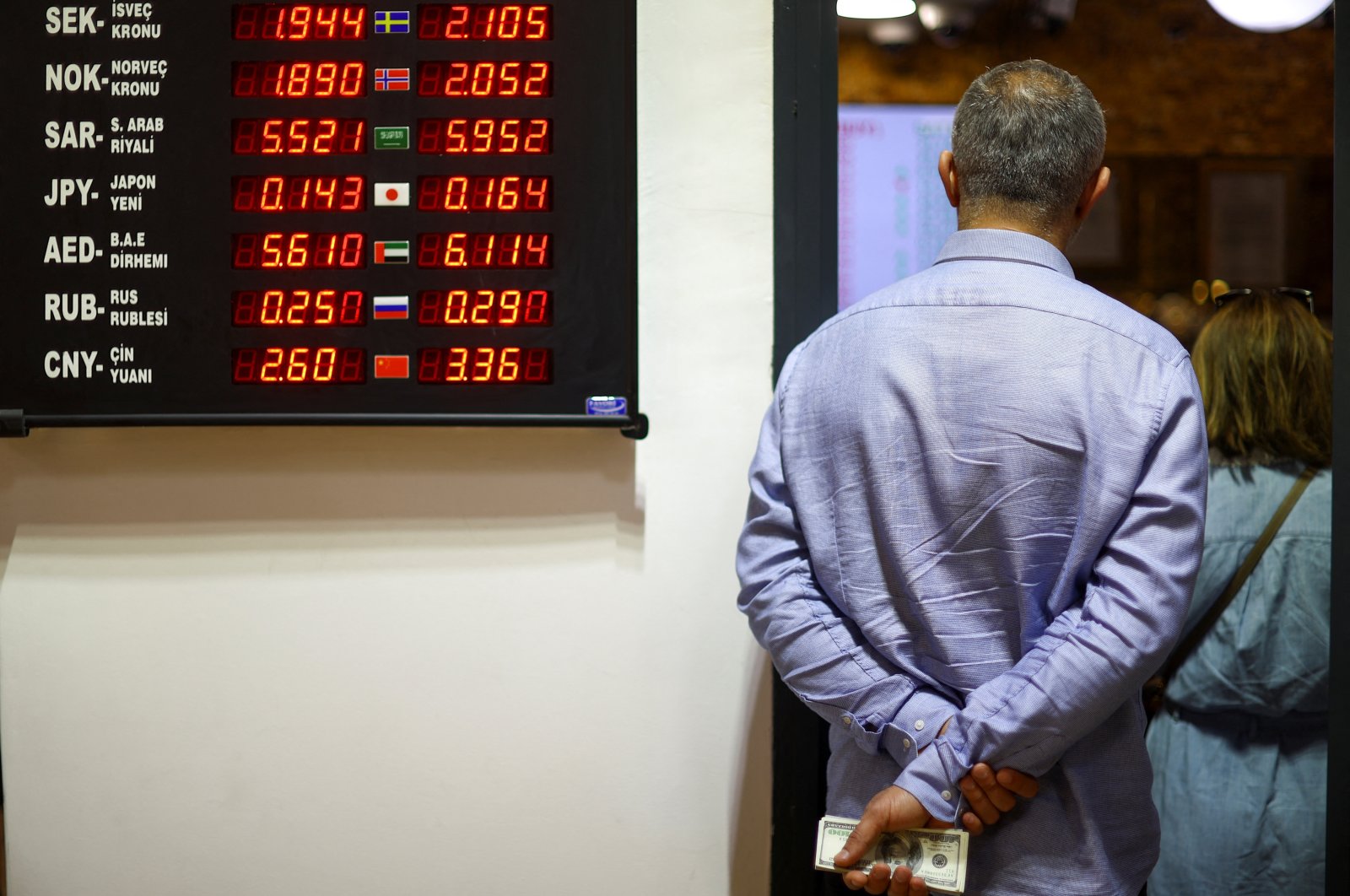Safire: Turkey holds key to Iraq’s future
Will nations that refused to help overthrow the dictator now join us to finish the job? Will Iraqis welcome such assistance to end the sabotage and sniping by Saddam Hussein’s diehards?
A key to both answers lies in Turkey, the only democracy bordering Iraq. The new Turkish government made the mistake of appearing to put a price tag for its cooperation before the war; now that breach is healing.
I put it directly to Abdullah Gul, Turkey’s foreign minister: Will his nation answer the Bush request for a substantial force to help bring stability to Iraq? Answer: "Public opinion in Turkey is changing. A peaceful, stable Iraq is in Turkey’s interest. If our government decides to send this recommendation to the Parliament, which meets next week, I believe Parliament will not refuse."
Is another UN resolution required? "It would be helpful, as would the invitation of the Iraqi Governing Council," Gul replied. What say Turkey’s generals, who were silent before the war as Parliament refused transit to US troops? "This time, the army supports going down there."
Gul, who now strikes me as a real statesman, emphasized that Turkey’s response to requested aid to the new Iraq would not be limited to troops experienced in fighting terrorism. Electric power supply, water purification teams, doctors and medical supplies are part of the package offered. That would help establish a new relationship between the ethnically different peoples of the two Muslim nations.
But will Iraqi leaders we appointed to the Governing Council support the Bush-Blair call for additional foreign troops to restore order until Iraqi police are trained?
As befits a diverse group, the council is split. Those I spoke to would welcome Arabic-speaking Jordanian, Omani or Moroccan peacekeepers. But Muslim identity is not enough; not all Iraqis are eager to see Pakistanis, Indians or Turks joining the coalition forces already on duty.
Some of our appointees to the council are tempted, in FDR’s phrase, "to throw their crutches at the doctor." That’s understandable, but our selectees have not yet earned the right from fellow Iraqis to walk the democratic walk. First comes the military mop-up; then comes constitutional sovereignty; then elections "neither hurried nor delayed" to bestow legitimacy and set an example for the Arab world.
Ahmad Chalabi, this month’s council chairman, reported that Turkish representatives wisely have been talking to Iraqi community and tribal leaders. "There are open questions: How many Turks? Where will they go? When will they leave?"
We should encourage such Turkish-Iraqi interaction so long as it paves the way to setting an example for the sharing of the responsibilities of temporary occupation. My Iraqi Kurdish friends worry about the Turks, and vice versa. Each has historical reason to suspect the other’s motives, but the late Mullah Mustafa Barzani was shrewd enough to make alliances with the future welfare of the Kurdish people in mind.
"So let us move forward," as Bush said. Let secular, democratic Turkey join the coalition; let Iraqi politicians curry voter favor by espousing early sovereignty; let local militias develop intelligence leads; let the United Nations do its vital humanitarian thing. And let the liberators who sacrificed most decide when to declare victory and go home.



